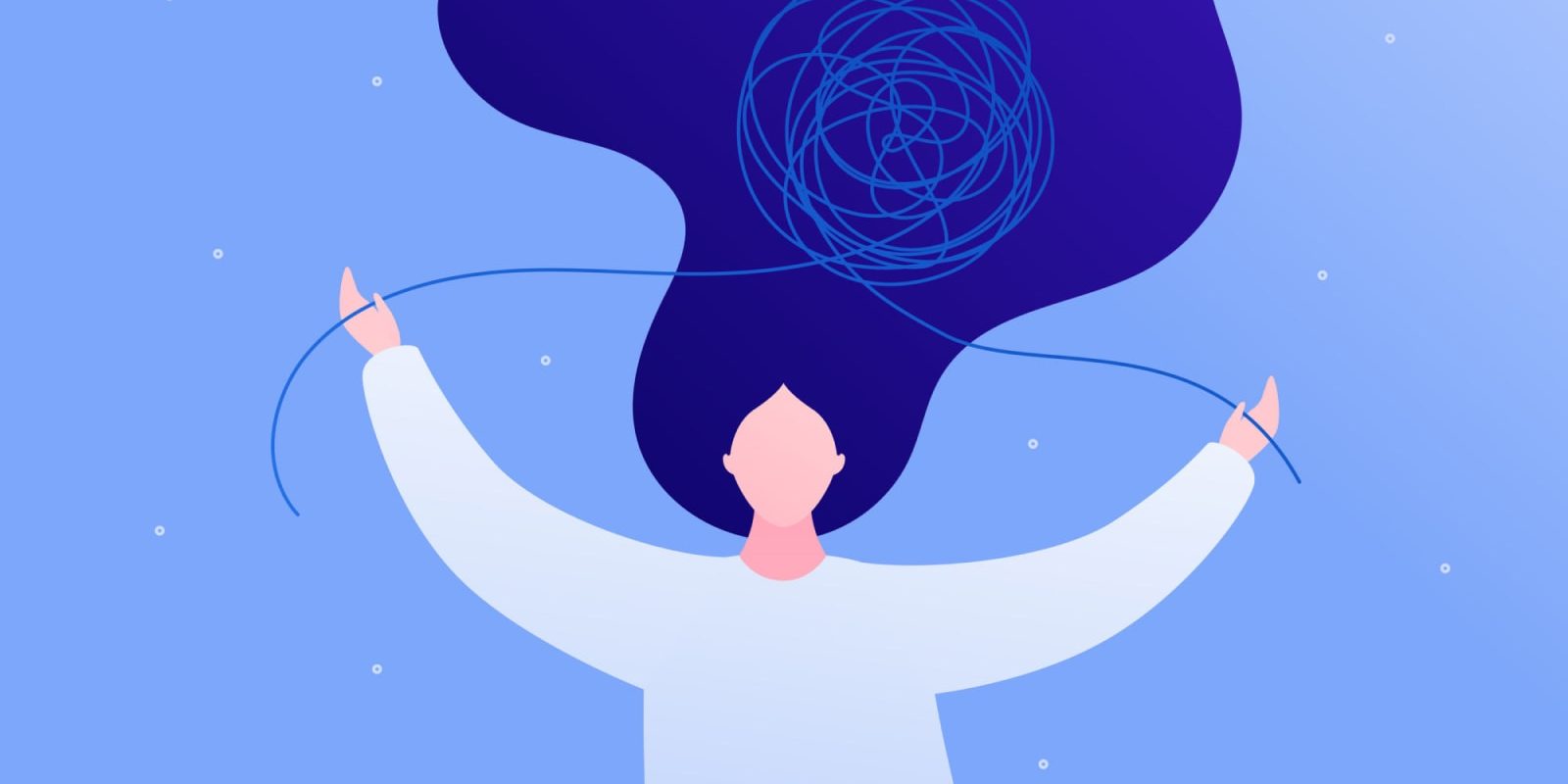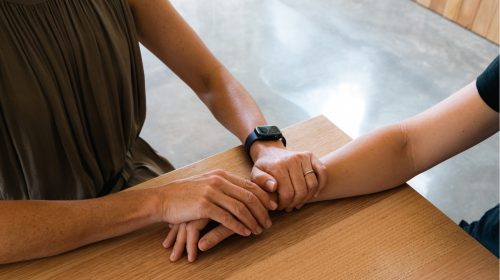In Australia, most people with mental illness report experiencing stigma. This can result in social exclusion, something that can make suffering and recovery worse, according to the Productivity Commission Inquiry Report into Mental Health.
Interacting with other people – friends, family, colleagues, or the broader community – can be an essential aspect of recovery and one that reduces the likelihood of a relapse into their illness.
Unfortunately, during 2020, we have seen enforced isolation because of the coronavirus pandemic and this, in itself, has affected the mental health of those in the community.
Psychologist Jane Enter says: “There has been a cognitive decline in people who have been alone in lockdown because they lost social confidence. Those who are introverted have also become more anxious because they have lost social skills.”
Some relationships have been placed under strain because couples or families are not accustomed to being together 24 hours a day; while home schooling has placed extra stress on parents.
“People have also lost entire companies and huge amounts of money.
Says Enter
“Then there are the unanswered questions - are we all going to get ill? We are living with uncertainty that is very anxiety-producing and I don’t think we have even begun to see the fallout.”
How men experience mental illness
One in five Australians experience a mental illness in any year, according to The Black Dog Institute.
The most common mental illnesses are depressive, anxiety and substance use disorder. Importantly, 72 per cent of men don’t seek help for mental disorders and, consequently, they account for most suicides, says the Institute. In fact, 76 per cent of suicide deaths are men.
“Men often struggle to have emotional literacy,” “They may not be able to recognise they are anxious, or depressed. Men’s depression tends to come up as irritability and being very short-tempered.”
says Enter.
Issues with alcohol, or substance use may worsen, or relationships may run into trouble. If they are in high-powered positions, men may feel unable to say they are anxious, for fear of others losing confidence in them, or the company.
says Enter.
Elite athletes at greater risk
Research into elite athletes in Australia has also suggested they experience mental health disorders at a higher rate than the wider community, according to the Commission.
This could be because of a number of factors including being required to relocate for their sport, spending long periods away from home and family, expectations to perform, unexpected injuries, and retiring from a professional career in the spotlight and the adjustment required.
Fortunately, sporting bodies in Australia are developing a greater awareness of mental health with organisations such as the NRL creating the State of Mind program to increase awareness, start discussion and reduce stigma, and Cricket Australia and the Australian Cricketers Association starting programs that focus on developing resilience in players.
How to help someone with mental illness
While a professional can help treat mental illness, only 54 per cent of people access treatment, according to the Institute.
“Professional assistance is valuable, but you also need your family and your loved ones – the people who see you every day – to check in with you.
says Enter.
“They need to be prepared to have a deeper conversation than ‘are you okay?’ As human beings, we are remarkably good at avoidance. We need people who love us to notice we are more withdrawn, or seem to be struggling, and ask how we are really coping. It’s about taking time, not just a glib conversation.”
Ideally, we need tools to deal with mental illness that can assist in recovery, she says.



